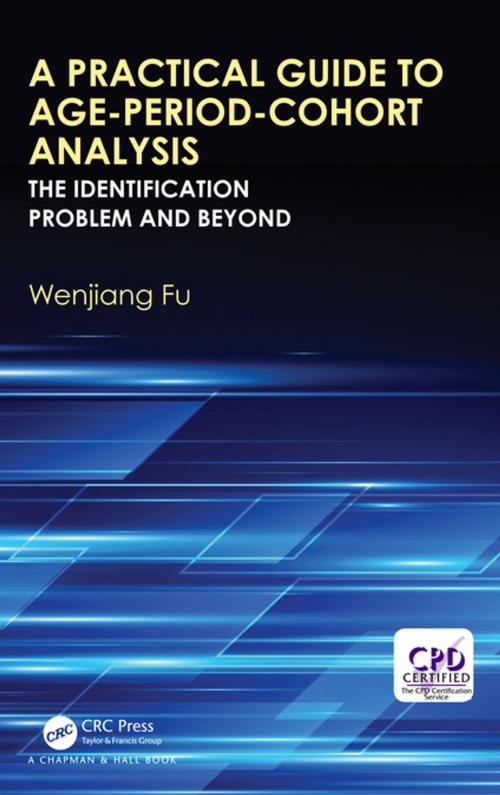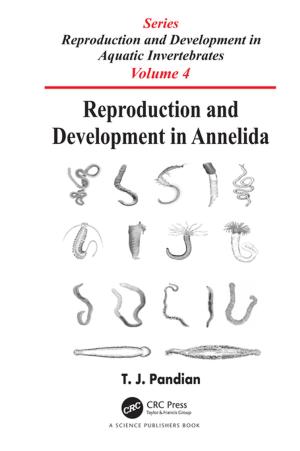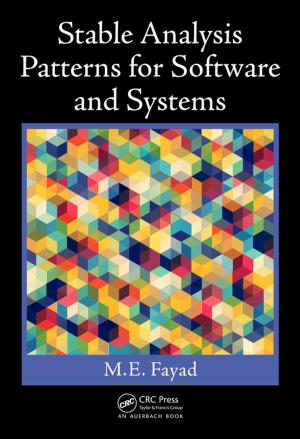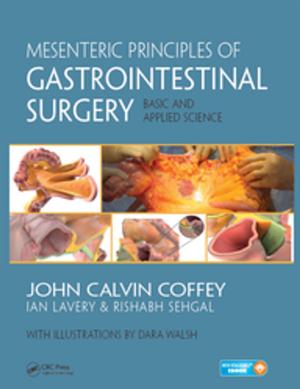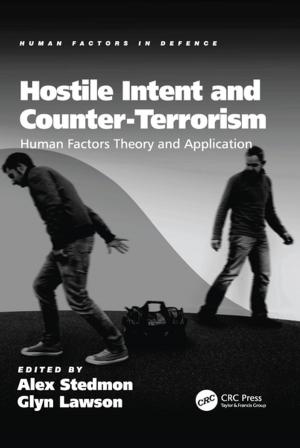A Practical Guide to Age-Period-Cohort Analysis
The Identification Problem and Beyond
Nonfiction, Science & Nature, Mathematics, Statistics, Reference & Language, Reference| Author: | Wenjiang Fu | ISBN: | 9781351644143 |
| Publisher: | CRC Press | Publication: | April 27, 2018 |
| Imprint: | Chapman and Hall/CRC | Language: | English |
| Author: | Wenjiang Fu |
| ISBN: | 9781351644143 |
| Publisher: | CRC Press |
| Publication: | April 27, 2018 |
| Imprint: | Chapman and Hall/CRC |
| Language: | English |
Age-Period-Cohort analysis has a wide range of applications, from chronic disease incidence and mortality data in public health and epidemiology, to many social events (birth, death, marriage, etc) in social sciences and demography, and most recently investment, healthcare and pension contribution in economics and finance. Although APC analysis has been studied for the past 40 years and a lot of methods have been developed, the identification problem has been a major hurdle in analyzing APC data, where the regression model has multiple estimators, leading to indetermination of parameters and temporal trends. A Practical Guide to Age-Period Cohort Analysis: The Identification Problem and Beyond provides practitioners a guide to using APC models as well as offers graduate students and researchers an overview of the current methods for APC analysis while clarifying the confusion of the identification problem by explaining why some methods address the problem well while others do not.
Features
· Gives a comprehensive and in-depth review of models and methods in APC analysis.
· Provides an in-depth explanation of the identification problem and statistical approaches to addressing the problem and clarifying the confusion.
· Utilizes real data sets to illustrate different data issues that have not been addressed in the literature, including unequal intervals in age and period groups, etc.
Contains step-by-step modeling instruction and R programs to demonstrate how to conduct APC analysis and how to conduct prediction for the future
Reflects the most recent development in APC modeling and analysis including the intrinsic estimator
Wenjiang Fu is a professor of statistics at the University of Houston. Professor Fu’s research interests include modeling big data, applied statistics research in health and human genome studies, and analysis of complex economic and social science data.
Age-Period-Cohort analysis has a wide range of applications, from chronic disease incidence and mortality data in public health and epidemiology, to many social events (birth, death, marriage, etc) in social sciences and demography, and most recently investment, healthcare and pension contribution in economics and finance. Although APC analysis has been studied for the past 40 years and a lot of methods have been developed, the identification problem has been a major hurdle in analyzing APC data, where the regression model has multiple estimators, leading to indetermination of parameters and temporal trends. A Practical Guide to Age-Period Cohort Analysis: The Identification Problem and Beyond provides practitioners a guide to using APC models as well as offers graduate students and researchers an overview of the current methods for APC analysis while clarifying the confusion of the identification problem by explaining why some methods address the problem well while others do not.
Features
· Gives a comprehensive and in-depth review of models and methods in APC analysis.
· Provides an in-depth explanation of the identification problem and statistical approaches to addressing the problem and clarifying the confusion.
· Utilizes real data sets to illustrate different data issues that have not been addressed in the literature, including unequal intervals in age and period groups, etc.
Contains step-by-step modeling instruction and R programs to demonstrate how to conduct APC analysis and how to conduct prediction for the future
Reflects the most recent development in APC modeling and analysis including the intrinsic estimator
Wenjiang Fu is a professor of statistics at the University of Houston. Professor Fu’s research interests include modeling big data, applied statistics research in health and human genome studies, and analysis of complex economic and social science data.
